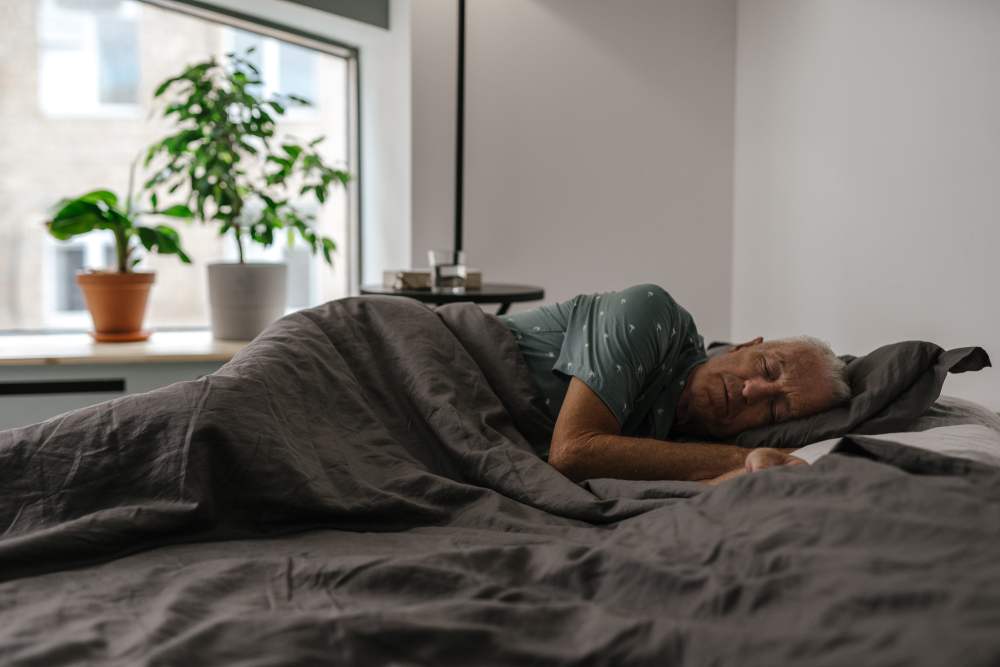
Sleep is one of the most vital yet misunderstood aspects of our lives. While we all know that a good night's rest is essential, misconceptions about sleep have shaped our beliefs and behaviours for years. From myths about how much sleep we actually need to the effects of napping, many people operate under false assumptions that can impact their health and well-being.
Have you ever been told that sleeping in on weekends will help “catch up” on lost sleep? Or perhaps you've heard that oversleeping is just as harmful as not getting enough shut-eye? These ideas are embedded in cultural narratives but often lack scientific backing. Understanding the truth behind these common misconceptions can empower us to make better decisions for our sleep health.
Ready to separate fact from fiction? Let’s dive into some of the most prevalent myths surrounding sleep and uncover what science really says!
Common misconceptions about sleep:-
Many people believe that everyone needs eight hours of sleep, but this isn’t a one-size-fits-all rule. Individual needs can vary significantly based on age, lifestyle, and personal health.
Another common myth is that sleeping in on weekends can compensate for a lack of rest during the week. This “catch-up” strategy often leads to disrupted sleep patterns rather than restoring balance.
Some think that snoring is harmless or just a sign of deep sleep. In reality, it can indicate underlying health issues like sleep apnea, which may require medical attention.
There’s the idea that once you become an adult, your need for naps disappears. Yet many adults find short daytime naps beneficial for boosting energy and productivity throughout their busy days.
The truth behind these misconceptions backed by scientific evidence:-
Many people believe that everyone needs exactly eight hours of sleep. However, research shows that individual sleep needs can vary significantly. Some may thrive on just six hours, while others require up to ten.
Another common myth about sleep is that sleeping in on weekends can fully compensate for a lack of rest during the week. Studies indicate that this "catch-up" sleep doesn’t effectively restore your body or brain. Chronic sleep deprivation leads to long-term cognitive deficits and health issues.
The idea that napping is detrimental also deserves scrutiny. Short naps can enhance alertness and improve performance without affecting night-time slumber when done correctly.
Moreover, some think late-night screen time disrupts only falling asleep but forget its impact on overall sleep quality. Blue light from devices suppresses melatonin production, making it harder to achieve restorative deep sleep phases crucial for health and well-being.
Debunking myths about oversleeping and napping:-
Oversleeping often gets a bad rap. Many believe that sleeping too much can lead to health issues, but research paints a different picture. It is essential to consider the context of oversleeping. Chronic oversleeping might signal underlying health problems rather than simply being lazy.
Napping, on the other hand, has been unfairly vilified as unproductive or indicative of poor night-time sleep habits. Short naps can actually boost alertness and improve cognitive function. A quick 20-minute snooze can refresh your mind without leaving you groggy.
The key lies in balance and personal needs. Some individuals thrive with longer sleep durations while others may only require minimal rest for optimal performance. Listening to one's body is crucial when it comes to understanding what constitutes healthy sleep patterns—whether that's more extended night slumber or an afternoon nap here and there.
Conclusion:-
Sleep is often surrounded by myths and misconceptions that can lead to confusion. Understanding the truth behind these beliefs is essential for making informed choices about your sleep habits. Scientific research continues to shed light on how our bodies function during rest, emphasizing the importance of quality sleep over quantity.
Debunking common myths about oversleeping and napping reveals that, while too much sleep can have negative effects, short naps can be beneficial when used correctly. The way we perceive sleep influences not just our health but also our day-to-day lives.
By learning more about sleep and separating fact from fiction, you can improve your own sleeping patterns and overall well-being. Embrace evidence-based practices to ensure restful nights ahead!

































